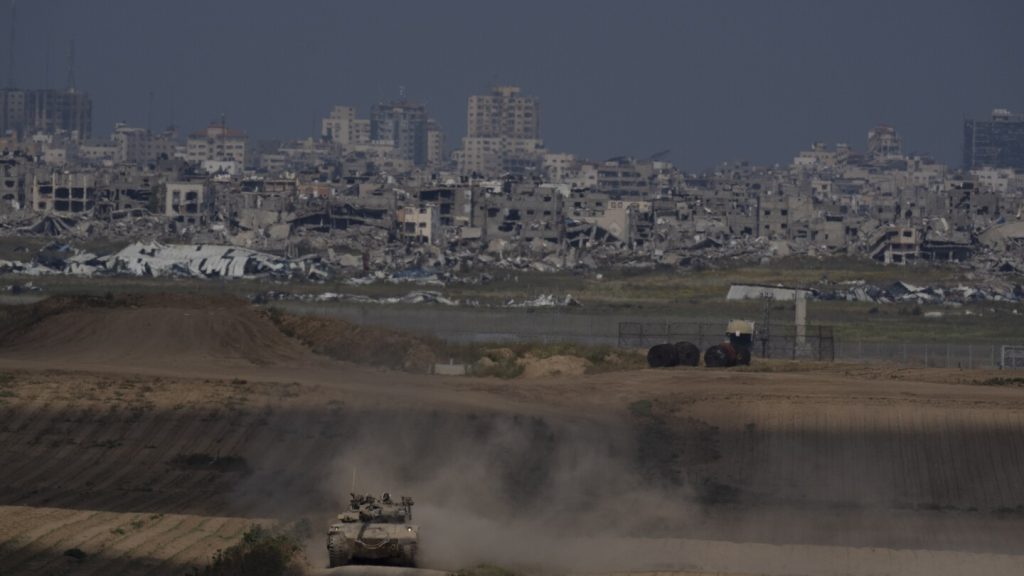U.S. President Joe Biden has criticized Israeli Prime Minister Benjamin Netanyahu’s approach to the ongoing war against Hamas, stating that he disagrees with Netanyahu’s actions. Biden emphasized the need for Israel to agree to a cease-fire, provide aid to Gaza, and allow regional countries to assist with aid distribution. The comments come at a time when disagreements between the two allies are escalating over the worsening humanitarian crisis in Gaza, Israel’s expected offensive in the city of Rafah, and a recent strike on a humanitarian convoy that killed seven aid workers. International efforts to broker a cease-fire between Israel and Hamas are ongoing in Cairo.
The war between Israel and Hamas, which began in October, has resulted in significant casualties, with at least 33,360 Palestinians killed and 74,993 wounded, according to Gaza’s Health Ministry. The conflict was sparked by a Hamas-led militant attack in southern Israel that resulted in numerous casualties and hostages being taken. The Biden administration initially supported Israel following the attack but has since increased criticism of Israel’s handling of the war. Israel and Hamas are currently engaged in talks to secure a cease-fire and the release of hostages, although they remain at odds over key terms of a potential deal.
In response to the ongoing conflict, Iran’s Supreme Leader Ayatollah Ali Khamenei has vowed to retaliate against Israel for the killings of Iranian generals in a strike on Iran’s consulate in Syria. The attack, which killed 12 people, including Iranian Revolutionary Guard members, has heightened tensions between Iran and Israel. Meanwhile, Australian Foreign Minister Penny Wong has sparked controversy by suggesting the possibility of Australia recognizing a Palestinian state as a means to end the violence in the Middle East. The proposal has drawn criticism, with opposition parties warning against rewarding Hamas for its past actions.
Recent developments in the conflict include an Israeli airstrike on a home in central Gaza that resulted in the deaths of 11 people, including women and children. The strike came as the Israeli military withdrew forces from the city of Khan Younis but continued airstrikes in other parts of Gaza. Families of hostages held by Hamas met with U.S. Vice President Kamala Harris to urge for a deal that would release their loved ones and implement a temporary cease-fire in Gaza. U.S. Defense Secretary Lloyd Austin informed Congress that efforts to pressure Israel to improve humanitarian aid to Gaza have shown some progress but more action is needed.
In an effort to address the escalating crisis, U.S. Secretary of State Antony Blinken stated that Israel has not informed the U.S. of a specific date for a major offensive into the southern Gaza city of Rafah. The U.S. has been in contact with Israeli officials to ensure that any military operation considers the protection of civilians. France has also taken steps to pressure Israel to open crossings with Gaza for humanitarian aid, using threats of sanctions to compel Israel to facilitate aid delivery. The conflict has strained relations between Israel and Turkey, with both countries imposing trade barriers in response to each other’s actions.


